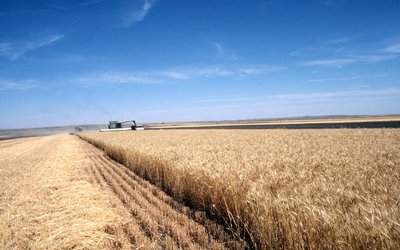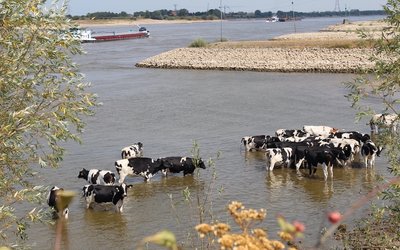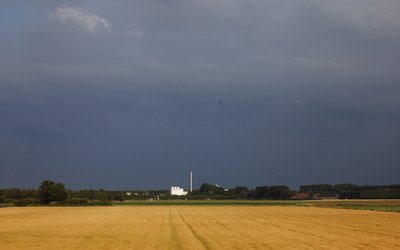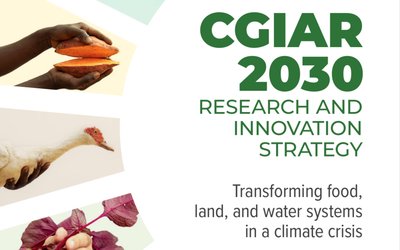Adaptation could turn climate change into an opportunity for European rice growers
April 28, 2017
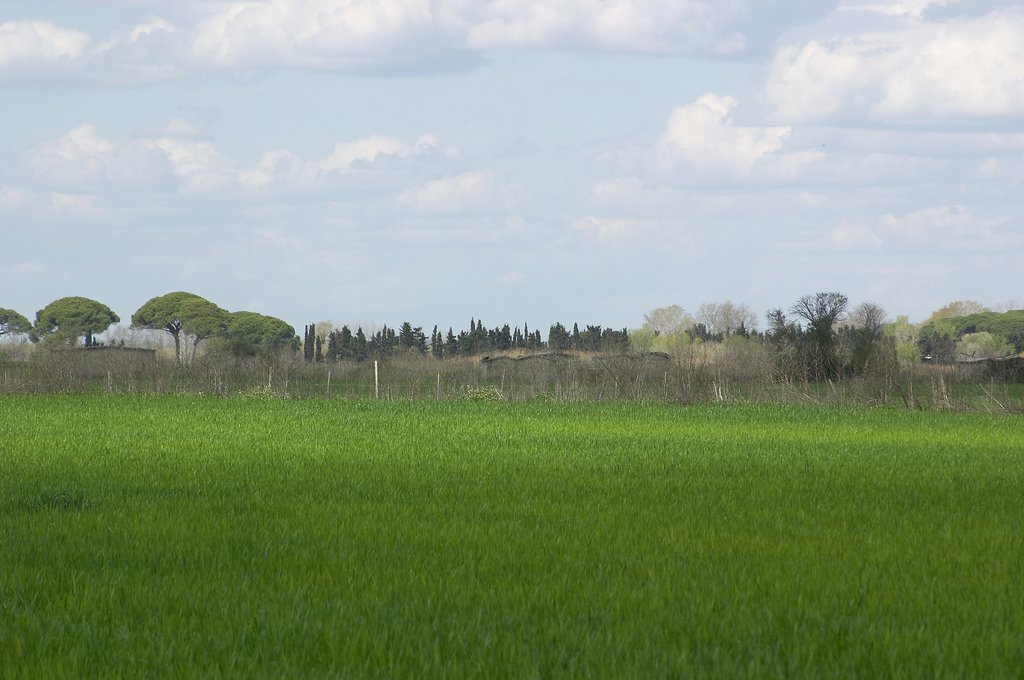
Photo: Rice field in the Camargue (Kenny Stoltz, www.flickr.com)
Although not being a staple food crop in the European Union, rice consumption is steadily increasing in several Mediterranean countries. Italy, Spain, Greece, Portugal and France are the five top European producing countries. Climate change impacts on rice crop production was studied for two locations: Lomellina (Italy) and the Camargue (France). These locations represent 22 % of the total EU rice harvested area. This was done for 2030 and 2070, considering both a low- and high-end scenario of climate change.
The results indicate that average potential rice yield in the study areas would decrease by 8 % in 2030 and 12 % in 2070 with respect to current conditions (the period 1991-2010 as a reference) if no adaptation strategies would be implemented. This impact would result from the shortening of the crop phenological phases due to temperature increase and the rising occurrence of heat stress during flowering and ripening due to temperature extremes.
These yield decreases can be turned into yield increases, however, if adequate adaptation strategies are implemented. The study shows that climate change, rather than being a threat, represents an opportunity for European rice growers, as the implementation of adaptation strategies could overturn the situation, leading to an average yield increase of 28 % in 2030 and 25 % in 2070 with respect to current yields. The effective adaptation strategies are the adoption of varieties with longer crop cycle and, to a lesser degree, anticipated sowing dates. These strategies can be considered autonomous adaptations, as they represent short-term adjustments that are commonly implemented by farmers.
The European rice sector has the potential to enhance current production levels in a changing climate, especially if longer cycle varieties will be grown in Mediterranean rice areas.
Source: Bregaglio et al., 2017. Agricultural and Forest Meteorology 237-238: 219-232.

